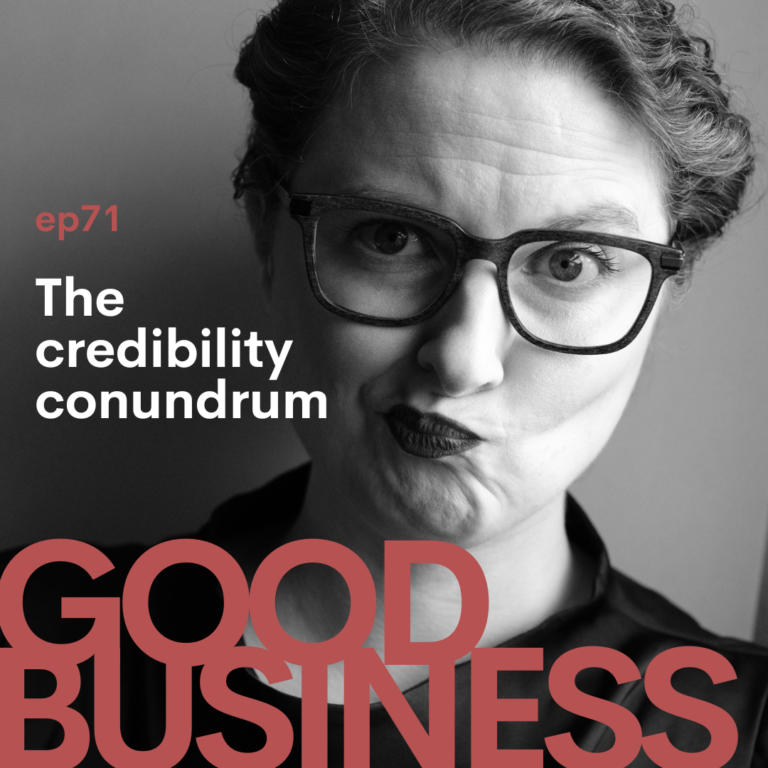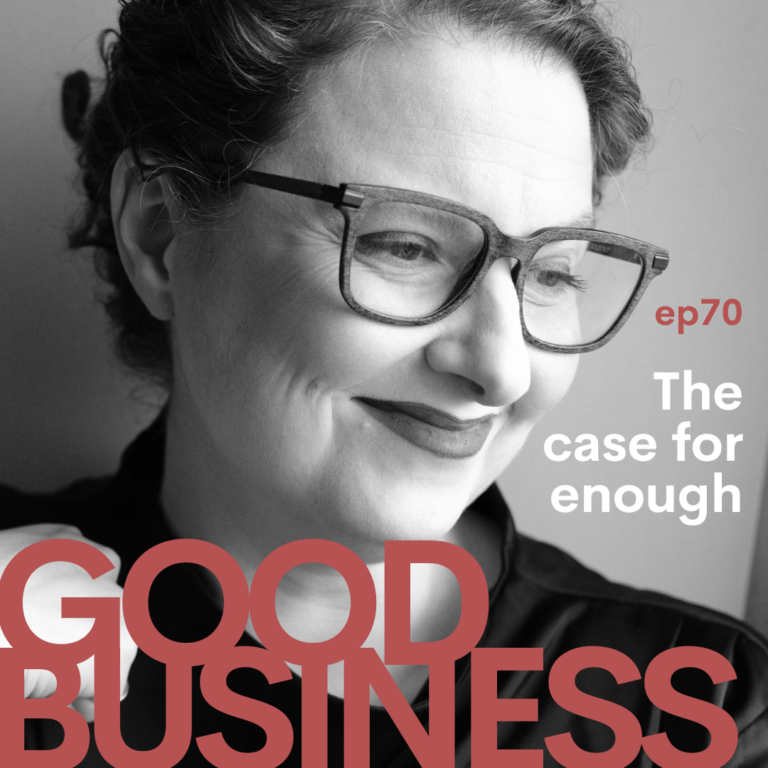Navigating feedback can be daunting. In this episode, we dive into the skills of asking for and receiving feedback with intention and grace. Learn the art of crafting your asks to elicit constructive insights and how to gracefully accept the advice given, filter through biases, and grow from the experience. Whether it’s refining your creative process or enhancing your professional journey, we share actionable tips on making feedback work for you.
Listen now to learn the strategies that will help you embrace feedback not as criticism, but as a valuable tool for personal and professional growth.
Perfect for creators, innovators, and anyone looking to level up their feedback game. And stay tuned for the upcoming episode on giving feedback!
How to Ask for and Take Feedback
Welcome back, everyone! Today, we’re diving into a topic that frequently sparks those “oh my god, why can’t people get out of their own way?” conversations I often have at dinner. We’re talking about how to ask for and take feedback. Next episode, we’ll cover how to give feedback effectively.
Feedback is one of those areas where many think they excel, yet few truly do, especially in the age of the internet, where feedback mechanisms can sometimes devolve into marketing ploys or avenues for venting personal frustrations. Remember when we could buy a toaster without consulting 25 strangers online? Neither do I.
Why Feedback Matters
Feedback is crucial; it challenges us to grow and improve, particularly in creative fields. But it’s an art, not just a set of algorithms.
How to Ask for Feedback Like a Pro
1. Be Discerning: Ask the right people. Don’t take a shotgun approach to feedback which leads to decisions based on a wide but irrelevant set of opinions.
2. Be Specific: Clearly outline what you need feedback on, including relevant context and what types of feedback you aren’t looking for.
3. Format Matters: If you’re writing, break up your text. Long paragraphs are daunting and often not fully read. Structuring your request can greatly influence the quality of feedback you receive.
4. State Your Biases: Be upfront about your attachment to the project and how much feedback you can realistically handle without feeling overwhelmed.
5. Be Prepared for the Response: Engage with the feedback you receive. This is not just about hearing what you want to hear, but also about learning from diverse perspectives.
How to Take Feedback
1. Understand the Source: Make sure the feedback is coming from someone relevant to your request. A spouse might be supportive but not the best critic for your business website if they lack the perspective of your target audience.
2. Separate Yourself from Your Work: This can be challenging, especially for creatives and solopreneurs, but it’s crucial for growth.
3. Be Proactive: Do your research and ensure your work is as polished as possible before seeking feedback. This prevents basic questions that could have been answered with a little initiative.
4. Be Engaging: Respond thoughtfully to feedback. Ask follow-up questions and share how you’ve used the advice you’ve received. This respects the time of those who helped you and enriches the community.
Conclusion
Asking for feedback requires understanding both the context of your work and the perspectives of those you engage. Effective feedback is a tool for growth, illuminating blind spots and offering new paths forward. So, harness it wisely, and remember, every piece of feedback is a stepping stone to betterment.
Stay tuned for our next episode on giving feedback like a rock star, because mastering both sides of this process can dramatically enhance how we communicate and grow. Have a wonderful spring, and I’ll see you in a couple of weeks. Bye!
More Episodes
GB74: What’s your bread and butter?
Welcome back to Good Business. I’m your host, Illana Burk. Today, we’re talking about the most central parts of your work. The things that always feel true. The things that consistently make money. The things that people always...
GB73: Time to pivot? Oof. I know.
Welcome back to The Good Business Podcast. I’m your host, Illana Burk. Today, we’re talking about the very complicated moment when you realize that it’s time to make a significant change in your work. And these moments are never...
GB72: How to decide where to put your energy
Welcome back to Good Business. I’m your host, Illana Burk. Today, we’re talking about decision-making. Specifically, how do you decide where to put your energy around self-promotion when resources feel limited...
GB71: The credibility conundrum
Welcome back to the Good Business Podcast. I am your host, Illana Burk. And today, we're talking about credibility. What is it? Why do you need it? And how do you establish it in the age of the internet when you can...
GB70: The case for enough
Welcome back to the Good Business Podcast, everybody. I am your host, Illana Burk, and today we are talking about enough. So we begin with one word, and that word is more. That's what we're all supposed to want, right?...
GB69: Why your offerings should reflect what’s best for you
We’re diving into a topic that might just flip the script on how you think about your offers: “Why Your Offerings Should Reflect What’s Best for You Before They Reflect What’s Best for Your Clients.” Sounds counterintuitive. I know. Well, stick around because I’m gonna break it down in a way that’s both practical and super powerful.
First, I’m going to talk about what all this has to do with niching and marketing, then I’ll explain exactly how to do this, and finally I’ll dig into how this improves your leadership positioning.






